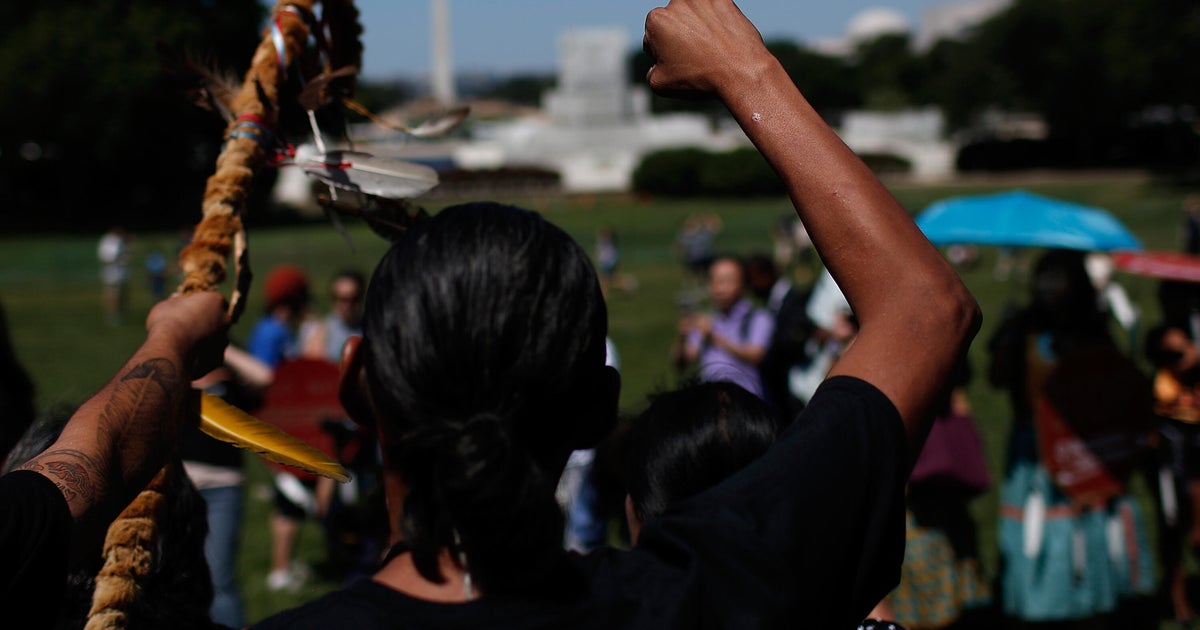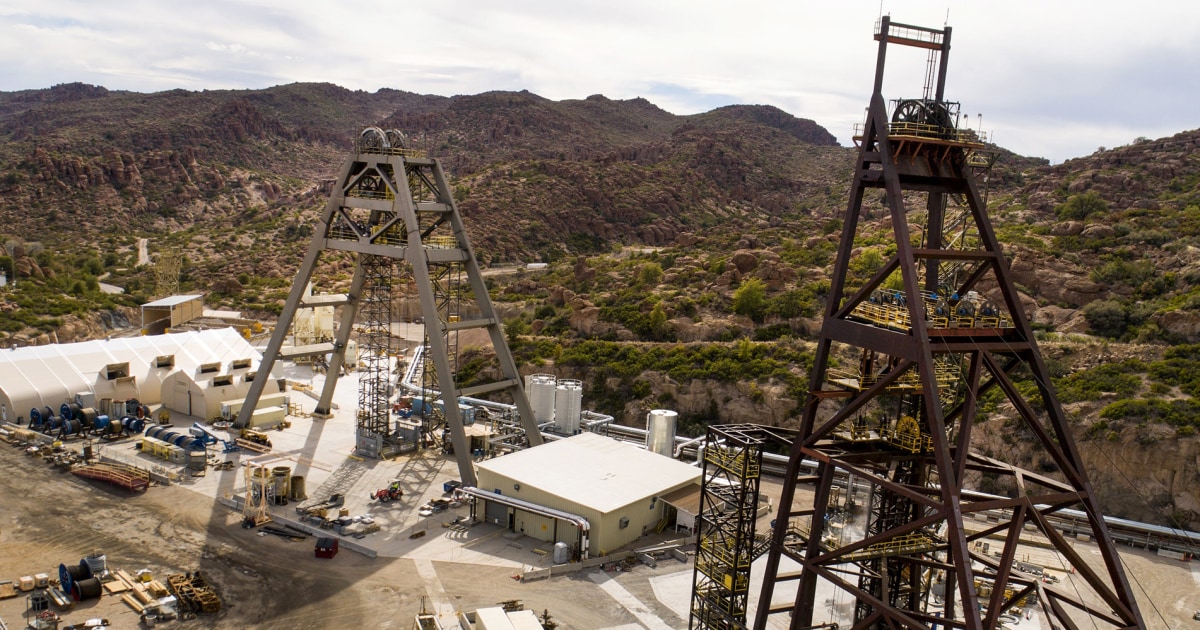Supreme Court Rejects Appeal to Halt Copper Mining Project on Sacred Apache Land
The Supreme Court declined to hear an appeal from Apache tribes against a copper mining project threatening their sacred site, Oak Flat, in Arizona.
Subscribe to unlock this story
We really don't like cutting you off, but you've reached your monthly limit. At just $5/month, subscriptions are how we keep this project going. Start your free 7-day trial today!
Get StartedHave an account? Sign in
Overview
The Supreme Court has rejected an appeal from Apache Stronghold to block a copper mining project at Oak Flat, a site sacred to the San Carlos Apache Tribe. The court's decision upholds lower court rulings allowing the land transfer to Resolution Copper, which plans to mine a significant copper deposit. Justices Gorsuch and Thomas dissented, emphasizing the site's religious importance. The project, backed by the Trump administration, is expected to generate substantial economic benefits but has raised concerns over the destruction of a site central to Apache spiritual practices.
Report issue

Read both sides in 5 minutes each day
Analysis
- The articles express disappointment over the Supreme Court's decision to allow a copper mine on sacred Apache land.
- They highlight the tension between economic development and the preservation of Native American cultural and religious rights.
- The coverage emphasizes the perceived injustice and potential destruction of sacred sites, reflecting the Apache community's concerns.
Articles (4)
Center (3)
FAQ
Oak Flat, also known as Chi’chil Bildagoteel, is a sacred site for the San Carlos and Western Apache tribes, listed on the National Register of Historic Places as a Traditional Cultural Property. It is central to Apache spiritual practices and ceremonies, believed to be a direct corridor to the Creator and the residence of spirit dancers called Gaan, making it integral to their religion, history, and culture.
The mining project would create a massive open pit crater 1.8 miles long and 1,000 feet deep, exhaust around 250 billion gallons of water, and generate an 8,647-acre toxic waste dump. It risks depleting and contaminating groundwater, impacting local ecology, and permanently altering the landscape through subsidence caused by block cave mining.
Resolution Copper is owned by two Anglo-Australian mining giants: Rio Tinto (55% ownership) and BHP Group (45%). Rio Tinto’s largest shareholder is a Chinese state-owned company, the Aluminum Corporation of China, which holds nearly 15% of Rio Tinto’s stock, and China accounts for 57% of Rio Tinto's sales.
The Supreme Court declined to hear the appeal from Apache tribes seeking to block the copper mining project at Oak Flat, effectively upholding lower court rulings that allowed the land transfer to Resolution Copper for mining development.
Resolution Copper plans to use block cave mining, a method that involves undermining the land to cause it to collapse under its own weight to access low-grade ore. This results in significant surface subsidence, creating a large open pit that permanently alters the landscape above, including the destruction of parts of Oak Flat.
History
- This story does not have any previous versions.



